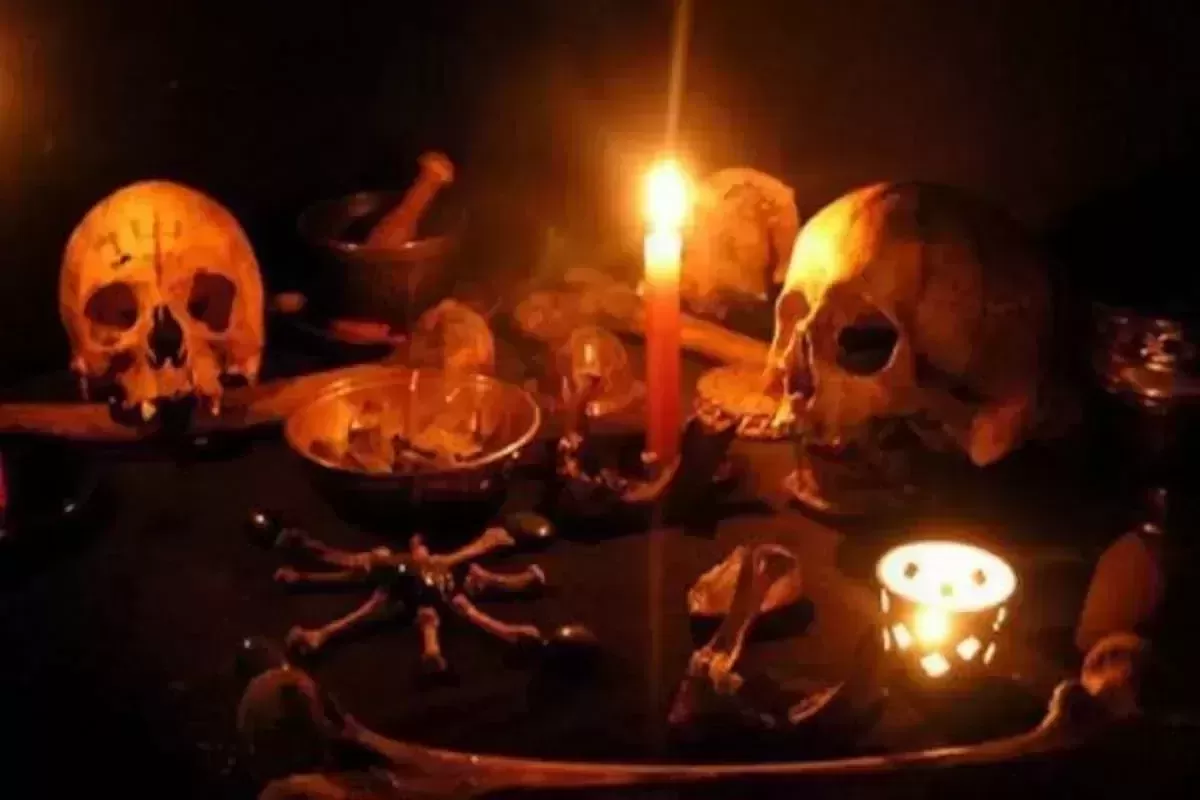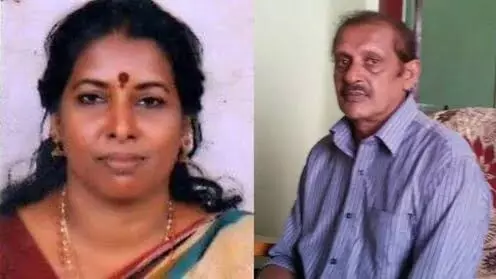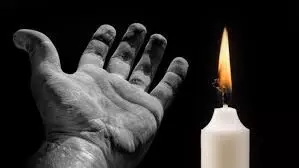
Prohibition of witchcraft: the dilemma in legislation
text_fieldsRepresentational image only
With the arrest of the accused responsible for the gruesome and demonic human sacrifice at Elanthoor in Pathanamthitta, Kerala and the shocking details of the incident coming out through the investigation, the demand to ban witchcraft and related superstitious rituals by law is getting stronger. There is no doubt that entire Kerala had to hang its head in shame if such a diabolical and heinous crime took place in the third decade of the 21st century and in a state like Kerala, acclaimed to be at par with global standards in terms of literacy and enlightenment. Almost all of them are calling for strict legislation and comprehensive awareness to prevent such horrible acts from happening again. Hence the quick decision of the state government to introduce a law to prevent witchcraft and superstition following the model of Maharashtra and Karnataka. However, past experience is that contemplation and legislative moves in this direction had taken place several times, but they eventually got procrastinated without any further developments.
In 2014, the then Home Minister Ramesh Chennithala assured the Legislative Assembly of a bill to prevent exploitation in the name of superstition. The then Additional DGP Hemachandran had even prepared the draft of the bill with the involvement of police officers. The bill provided for imprisonment of up to seven years and a fine of up to two lakh rupees for superstitious offences. But the Home Minister's announcement ended up as just a watermark. In 2019, during the rule of LDF, thought to be more vigilant in such matters, the Law Reforms Commission chaired by Justice KT Thomas, gave shape to another more comprehensive bill, Kerala Prevention of Eradication of Inhuman Evil Practices, Sorcery and Black Magic Bill -2019. The draft bill, which provides for the banning of superstitions and witchcraft, has also proposed imprisonment of up to seven years and a fine of up to Rs 50,000. The said report was defined in such a way that torturing and injuring the human body and similar acts to disrupt the normal life of individuals or to chase away ghosts in the name of supernatural forces would constitute superstition-based witchcraft and superstition. The proposed bill also did not exclude the magicians who extort money under the pretence of performing miracles. But this legislative move of Pinarayi Vijayan also hit a roadblock. When the late P.T. Thomas introduced a private bill in the Assembly in August 2018, the government wriggled out of it by promising comprehensive legislation.
If one wonders about the reason for this demurring and hesitation, the answer is not beyond guess. The popular vote is the weakness of any revolutionary party. All the parties are gripped by the fear that if they touch the faith of any section of the people, they will face the music in the next election. A case in point is the push back of the Pinarayi government, fearing voter backlash, from its perfectly legal move to implement the Supreme Court verdict allowing devotees to enter Sabarimala. Realizing that the agitation by Hindutva forces - rallying women - against the verdict and the government benefited the UDF which was in the sideline till then, the Left government refrains from taking any progressive steps. In the Marxist, rationalist, and secularist perspective, many beliefs and practices based on them, are considered superstitious and are part of, or justified by, religious belief. Such provisions are part of the bill framed by the Law Reforms Commission too. To overcome this dilemma, government sources indicate that the proposed bill will be pushed through after due discussions with all sections and evolving a public consensus. The challenge the government may face is the articulation of a universally acceptable formula, as the distinction between belief and illusion, magic and sorcery, rituals and superstition is a hard knot to untie. The immediate imperative is to make punishable any belief, practice, or economic exploitation through them which is harmful to human life, person, property, or dignity. Considering that one of the accused in the latest ritualistic human sacrifice case is a Sasthra Sahithya Parishad worker and a leftist, there is no room to make logic or even science the criterion in this regard.



























